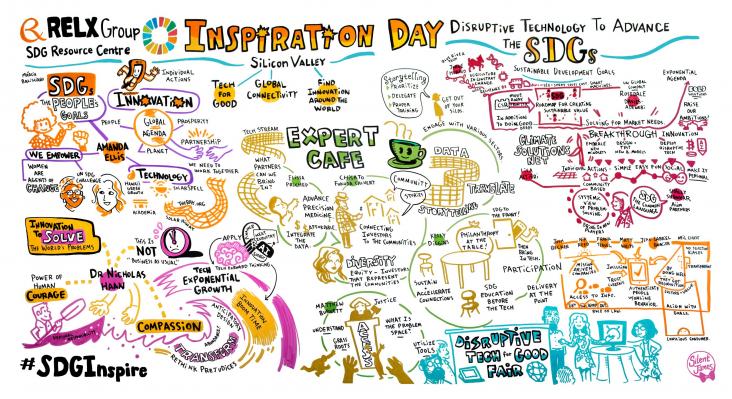This chapter advances the UN SDG goal 3 and 17 by discussing the etiology, disease mechanisms, and biomarkers of Alzheimer's disease.
This book chapter advances SDGs 3 and 17 by focusing primarily on the recent developments in Alzheimer's Disease diagnosis and their merits and demerits, including development of blood and cerebrospinal fluid–based biomarkers, imaging tools such as MRI, fMRI, and PET, proteomics, etc.
Elsevier,
Emerging and Reemerging Viral Pathogens, Volume 1: Fundamental and Basic Virology Aspects of Human, Animal and Plant Pathogens, 2020, Pages 53-68
The current availability of state-of-the-art genomic technologies such as pan-microbial microarrays and NGS provides an unprecedented opportunity to “cast a wide net” and surveys the full breadth of as-yet undiscovered pathogens in nature that pose significant threats to human health.
Advancing goal 17, this report seeks to inspire and guide companies, governments, cities and others involved in the implementation of Agenda 2030 to tap into the private capital markets and benefit from cheaper and more reliable capital to support the implementation of their SDG strategies. It introduces a roadmap for mainstream SDG bonds and corporate SDG finance to tap into the largest assets classes and respond to the specific financing challenges in emerging markets.
Investors, governments, and other stakeholders are increasingly demanding that companies demonstrate sustainable strategies aligned with the SDGs. A credible SDG strategy allows a company to clearly communicate its impact, facilitates easier access to the growing market for SDG financing, and connects investors with a pipeline of potential opportunities to address the SDG investment gap. This guide seeks to support companies looking to integrate the SDGs into their financial strategy and business model, contributing to SDGs 8, 12 and 17.
While the public sector and public finance will be core to the implementation of the SDGs, it is widely acknowledged that the private sector and capital markets must also play a key role. This report furthers SDGs 8, 12 and 17 by seeking to inspire major players in the investment value chain to build a market for mainstream SDG investments, with enough scale, liquidity and diversification to attract large institutional investors and finance a broad set of private- and public-sector activities in support of the SDGs.
This report provides an assessment of how companies in the UN Global Compact are adopting the Ten Principles and taking action to deliver on the SDGs. It contributes to Goals 10, 12 and 17.
This guide explores the role of corporate finance and investments in scaling finance for the SDGs, including how FDI, financial intermediation and public-private partnerships can be a source of finance for less liquid SDG investments that cannot be invested directly by portfolio or institutional investors. This includes providing access to finance in countries with less developed financial markets or for SDG solutions that are too small or illiquid to attract portfolio investors. The report contributes to SDGs 8, 16 and 17.

RELX Group held two SDG Inspiration Days to bring together business, government and civil society to scale collaboration and engagement on the SDGs. The first SDG Inspiration Day took place in San Jose, California and focused on disruptive technology to advance the goals. The second day took place in Amsterdam and focused on the power of partnerships to achieve the goals.

In 2018, RELX Group hosted two SDG Inspiration Days to inspire scalable, collaborative action on the 17 SDGs, with particular emphasis on disruptive technology at Silicon Valley and on partnerships at Amsterdam. Watch videos of the speakers from the two days.
